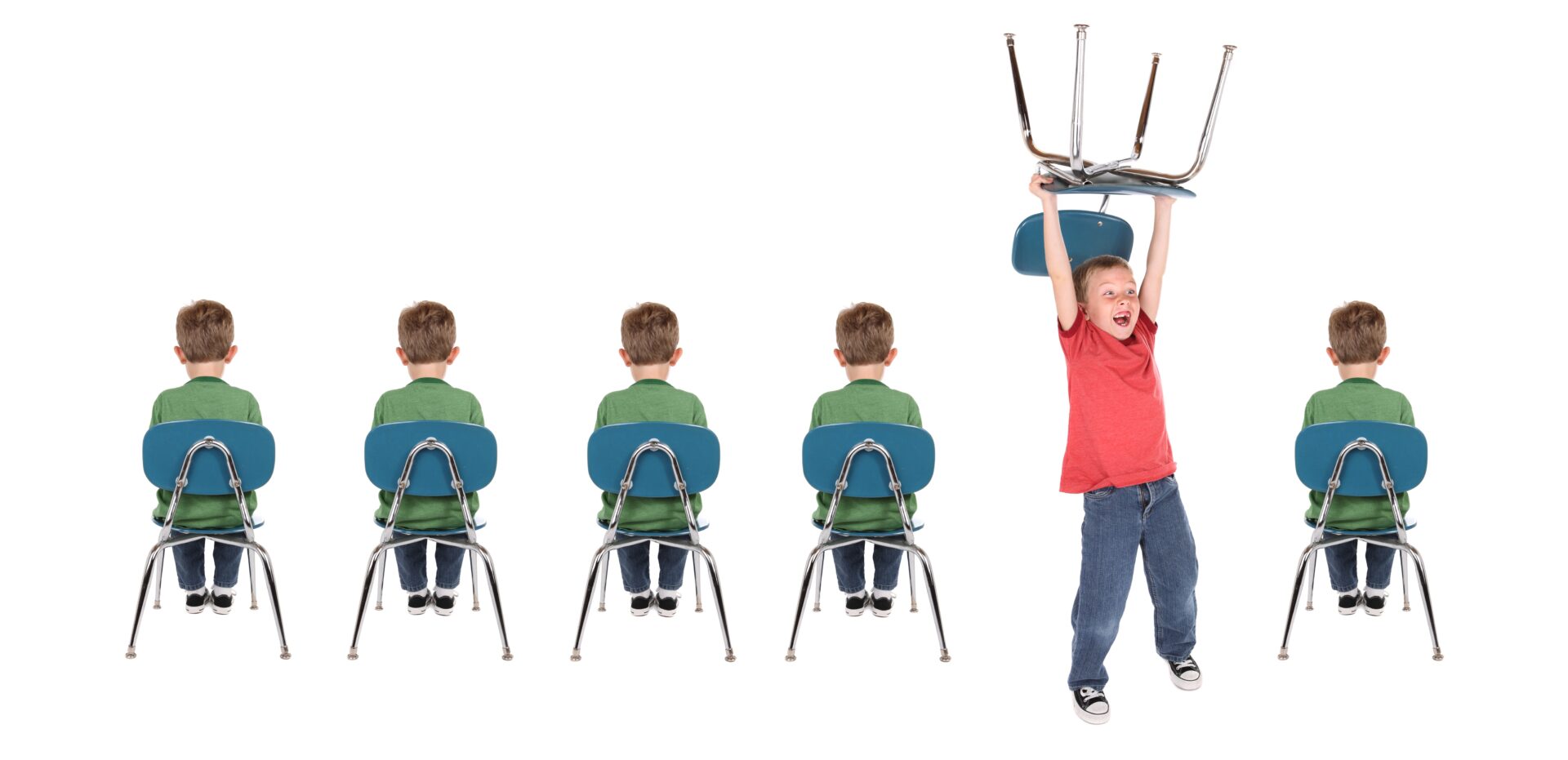DOES MY CHILD HAVE A SPECIFIC LEARNING DISABILITY (SLD)?
A specific learning disorder is a biologically based, neurodevelopmental disorder that affects a person's ability to take in, process, and/or communicate information (American Psychiatric Association, 2013). The brain's ability to discern and process information accurately is non-typical. It results in difficulties in learning foundational academic skills, such as reading accuracy, fluency and comprehension, and spelling and written expression. As a result of deficits in foundational academic skills, difficulties arise in learning more complex subjects and cause the student's academic achievement to lag behind what is expected for his and her age and intellectual ability.
However, lagging academic achievement that results from visual or auditory problems or inadequate or inappropriate academic instruction is not indicative of specific learning disorder.
6Specific Learning Disorder DSM-5 315 (ICD-10-CM Multiple .... https://www.theravive.com/therapedia/specific-learning-disorder-dsm--5-315-(icd--10--cm-multiple-codes)
ADD and ADHD:
Attention Deficit Disorder (ADD) and Attention Deficit Hyperactivity Disorder (ADHD) are neurological disorders. Both ADD and ADHD are integrated into the medical diagnoses of attention deficit hyperactivity disorder. ADHD is the developmental impairment of the brain's executive functions. It is more challenging to diagnose in girls. The findings from clinical research, neuroscience, and brain imaging prove that ADHD is not a behavior disorder; it is a specific learning disability or indicates mental illness; it is a developmental weakening of the brain's executive function system.


Dysgraphia
Dysgraphia is a processing disorder affecting a child’s ability to write. Symptoms of dysgraphia include difficulty communicating ideas on paper, poor spelling, and limited handwriting skills. Writing involves multiple motor and processing skills.
Children who have a disorder in written expression require explicit accommodations in the classroom and supplemental time to practice the skills needed.
Sensory Processing Disorder
Sensory processing issues in children often emerge while the child is a toddler, when parents observe that their child has hypersensitive reactions to light, noise, being hugged. They may also notice ungainliness as their child crashes into things.
Sensory processing problems are now considered a symptom of autism because the majority of children and adults on the autism spectrum also have significant sensory issues. However, many children with sensory issues are not on the spectrum. They can also be found in those with ADHD, OCD and other developmental delays — or with no other diagnosis at all.

